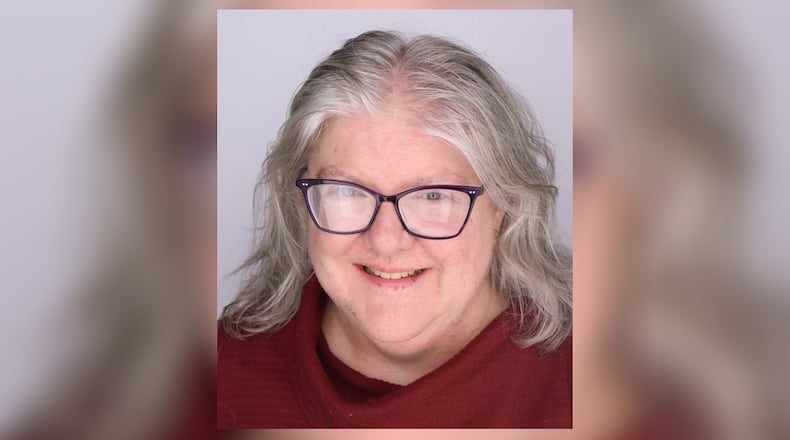Wanting to forget in the wake of global tragedy is understandable, and quite common in human history. But remembering — and remembering the whole truth — is what historians do. I’ve been teaching history to undergraduates since the 1980s and as of May 15 am now retired. In 2021, as we returned to the classroom post-COVID, I thought about the time a century earlier, when there was a world-wide influenza epidemic in which more people died than had died in the Great War. I looked for a source from the early 1920s that I could share with my students, one that spoke of how the pandemic had affected them.
And I couldn’t find one. At first, I found this hard to believe, but now I understand it better. The desire for “normalcy,” Warren G. Harding’s 1920 campaign slogan, was so great that the misery of that pandemic was “memory-holed,” as we say today. Instead, our images of the 1920s are of flappers dancing the Charleston and drinking bootleg gin.
But one group did not forget or repress the pandemic: epidemiological researchers, the heroes of modern public health who worked tirelessly to develop a vaccine that could outwit the crafty flu virus (read the opening chapters of Stephen King’s The Stand for the best lay explanation of how hard this is to do) and keep alive untold numbers of people who would otherwise die, every single year.
And flu researchers are not the only heroes, by a long shot. Historians are more aware than most of the effect of public health on our lives. Our study of the past is drenched in the sadness of people in every culture and generation who had to stand by, nearly helpless, and watch loved ones die gruesome deaths the causes of which they did not yet have the instruments to understand.
The early pioneers of vaccine development — building on practices long used in west Africa — uncovered the workings of viruses, and the ingenious way in which a vaccine could use the body’s own defenses against it to thwart the course of a disease. Smallpox, measles, mumps, whooping cough, influenza, tetanus, polio, tuberculosis, diphtheria — we have to teach people what these words mean now, because we so seldom learn them as we sit by the bedsides of dying children.
Every one of these diseases is poised to make a comeback if the proposals initiated by the Trump administration take effect for even a short while, because vaccine effectiveness is not like a light switch that can be turned on and off every four years. Being able to develop and distribute these vaccines reflects such a high level of social and cultural achievement — of care for the wellbeing of our people — in additional to scientific, technical, logistical, and industrial expertise, that we should have parades in the street every year to celebrate it, instead of standing by while it’s undermined and destroyed. We are facing health catastrophes in which unimaginable numbers of people — disproportionately young and poor — will die.
The catastrophe is not just affecting the US. The Trump administration is making sure —intentionally, in our name — that large numbers of the poorest people on the planet will also suffer from diseases the US has long helped to ease, if not eliminate — HIV and Ebola chief among them.
I and many other historians I know are numb with shock these days that a society as rich and blessed with plenty as the US could intentionally inflict this level of harm on ourselves and other nations of the world.
Una M. Cadegan is a recently retired professor of history at the University of Dayton.
About the Author
